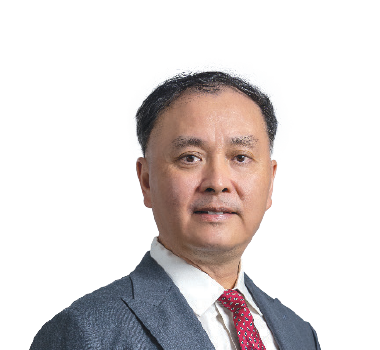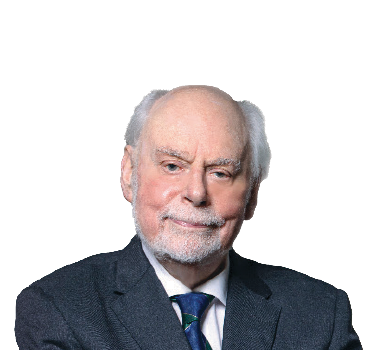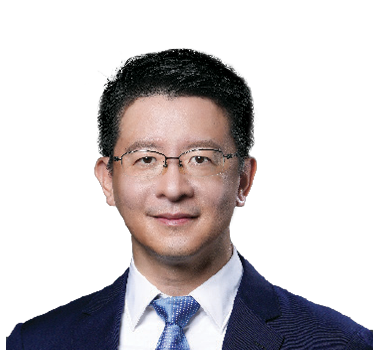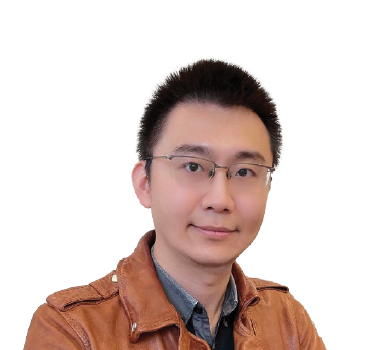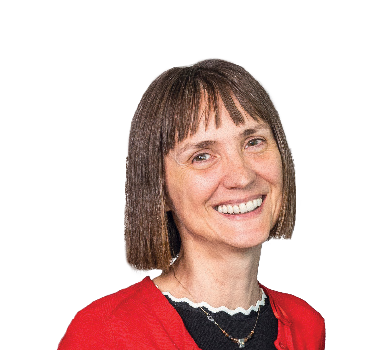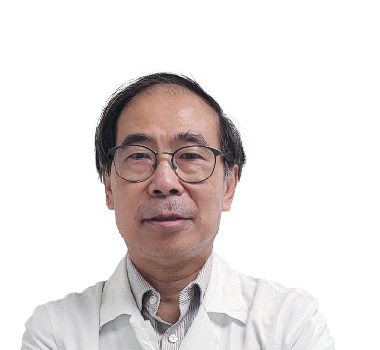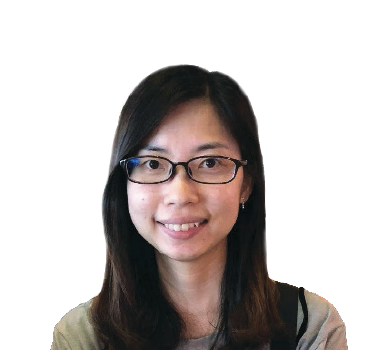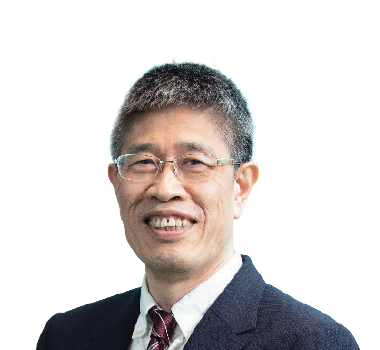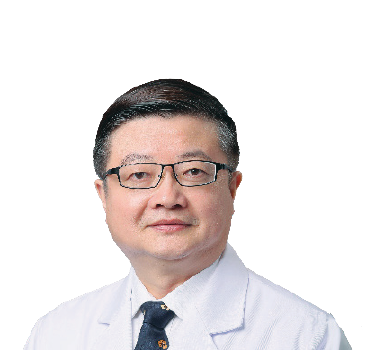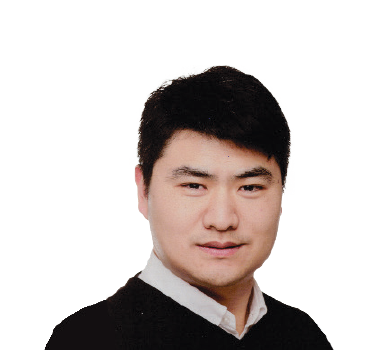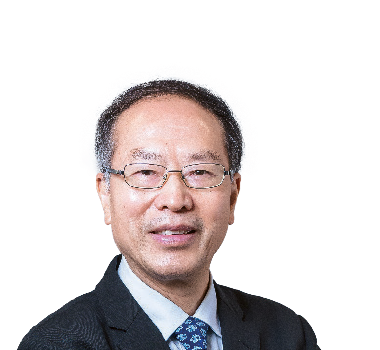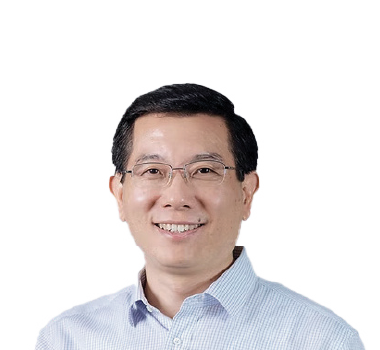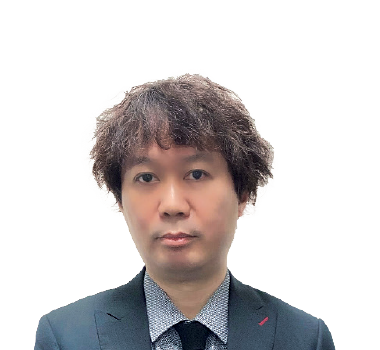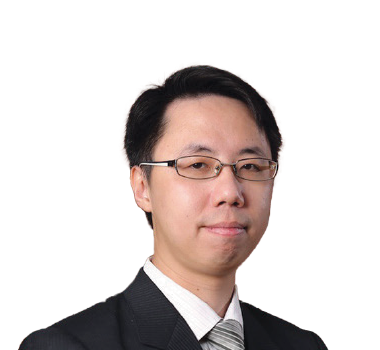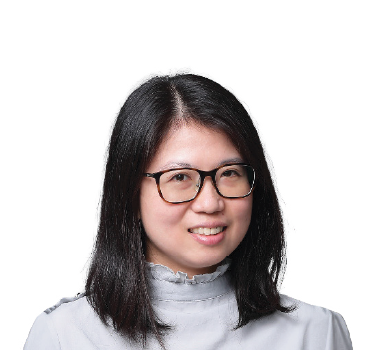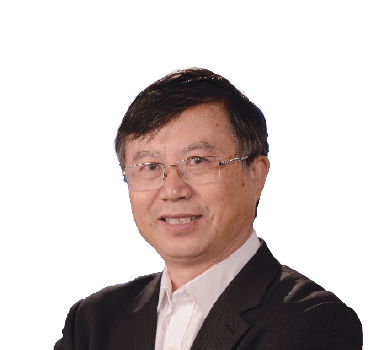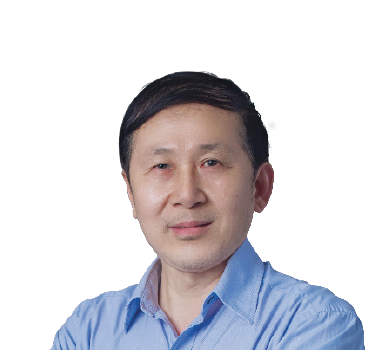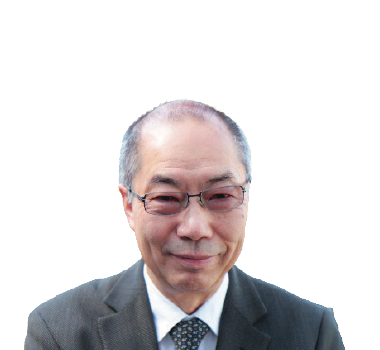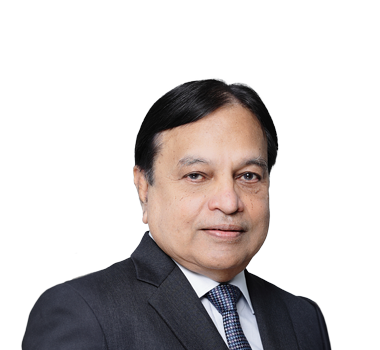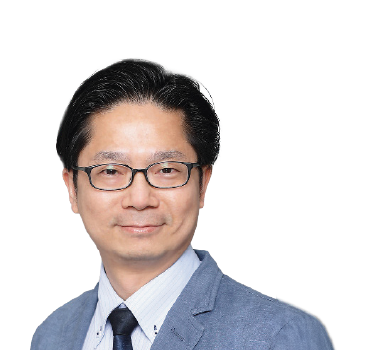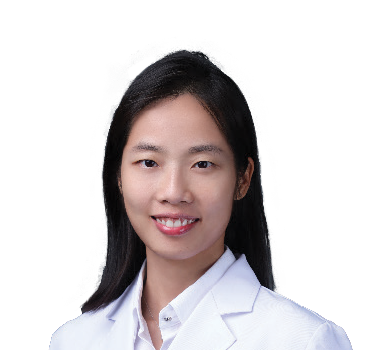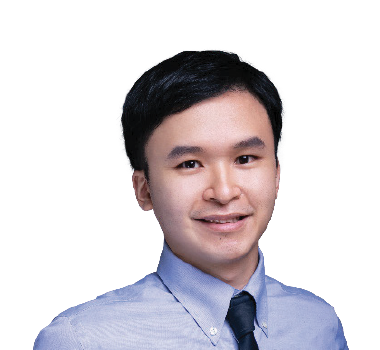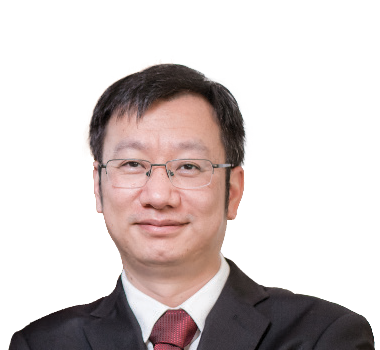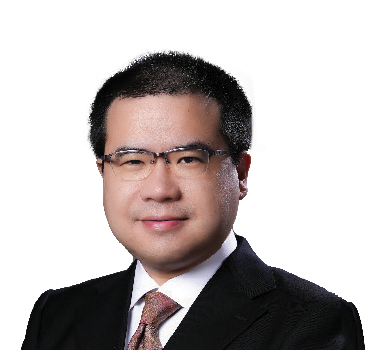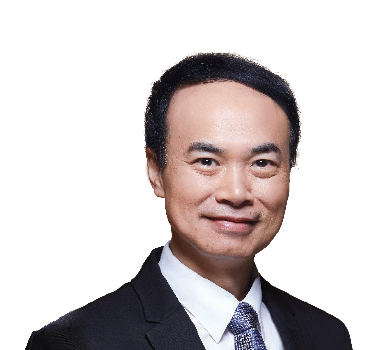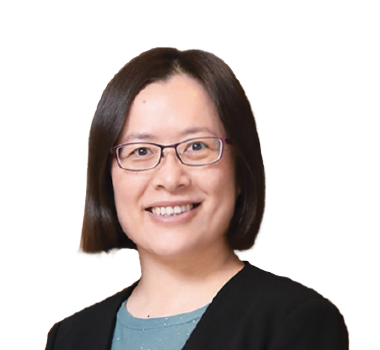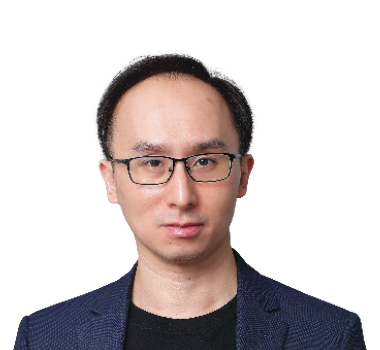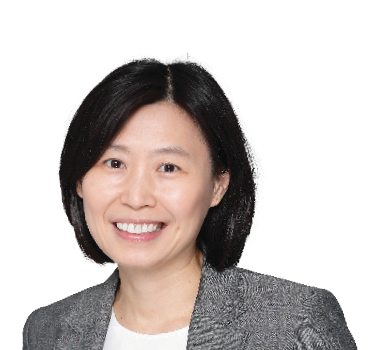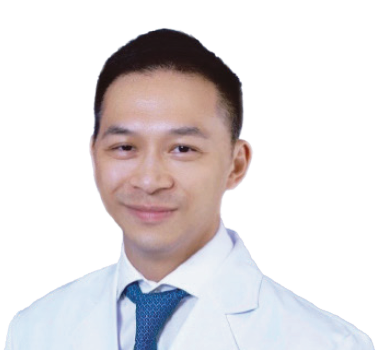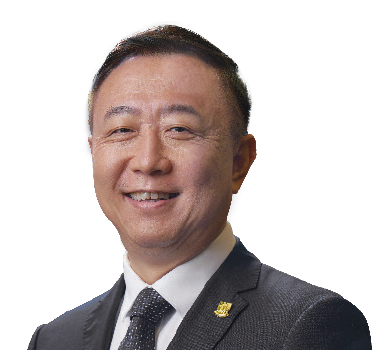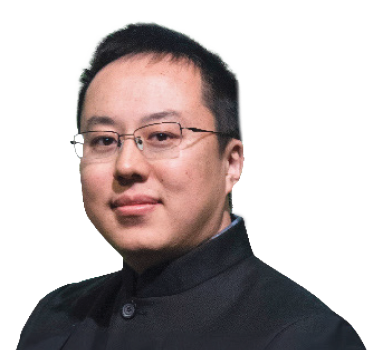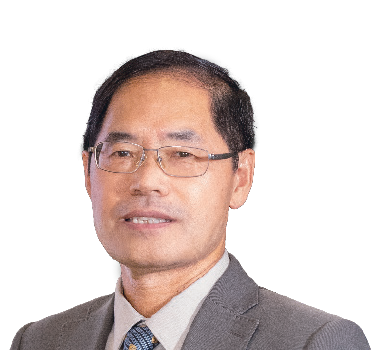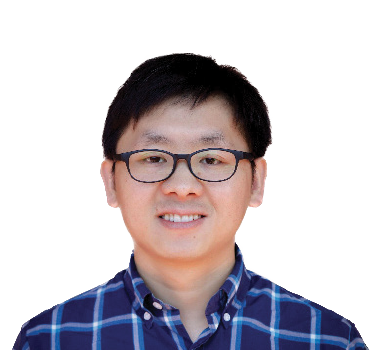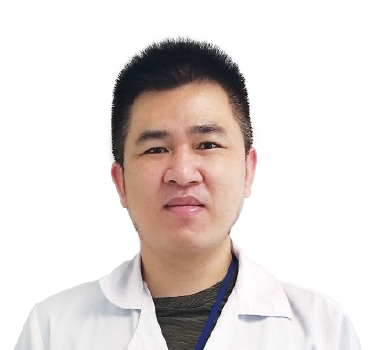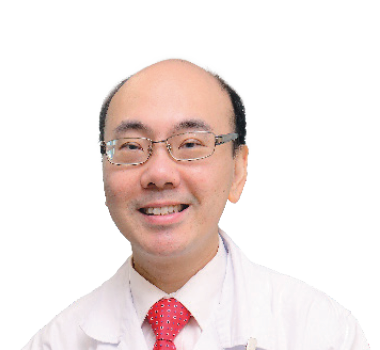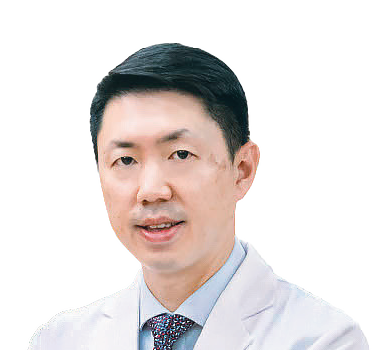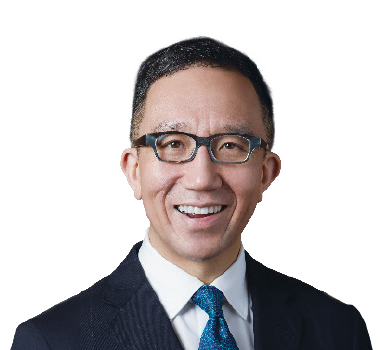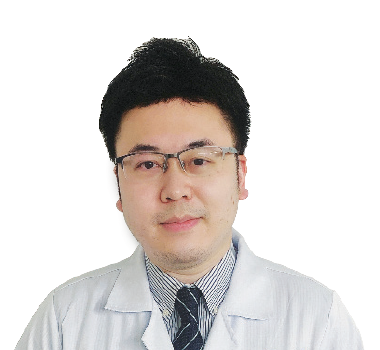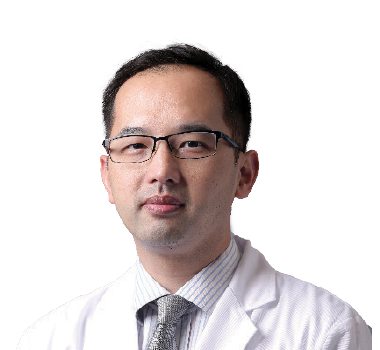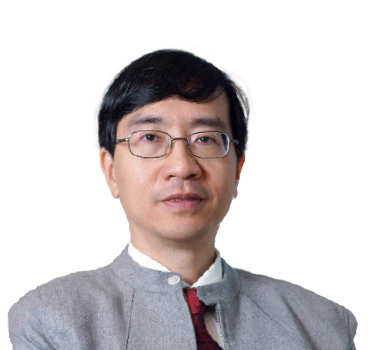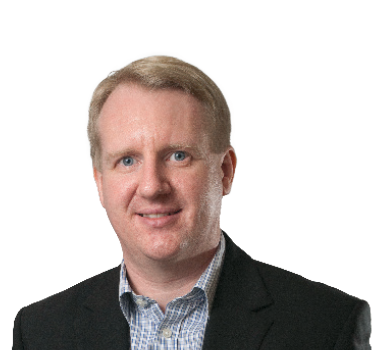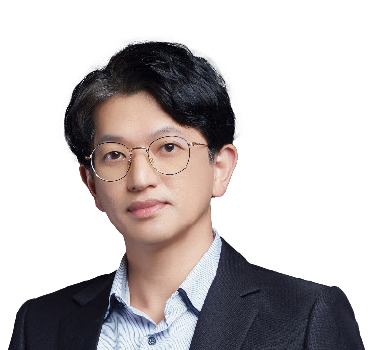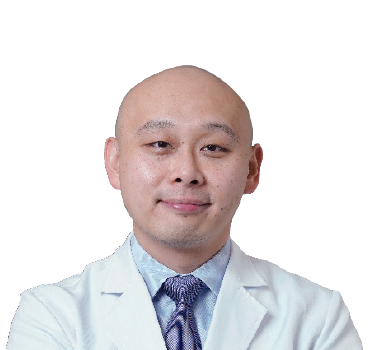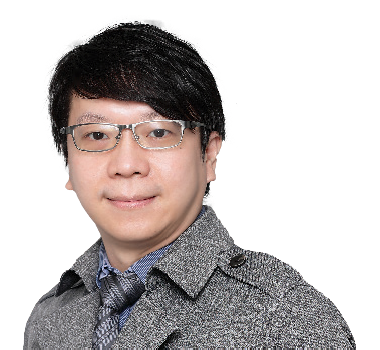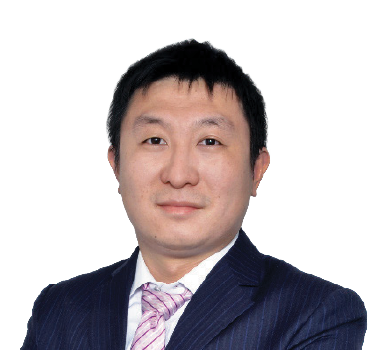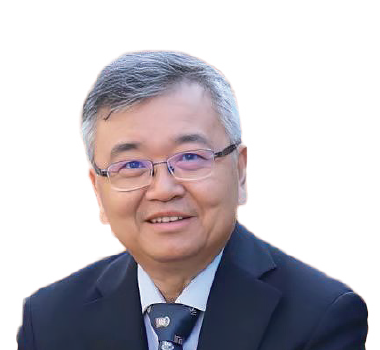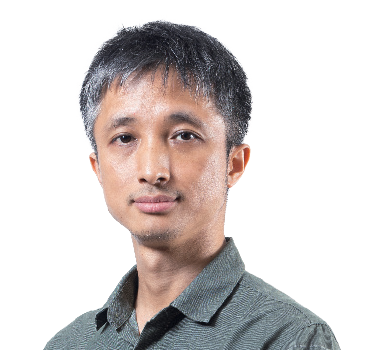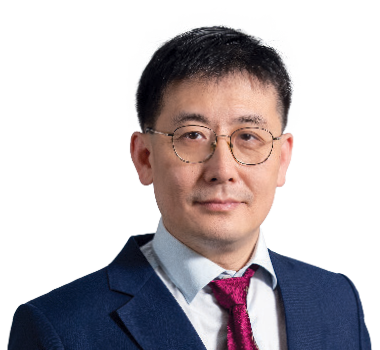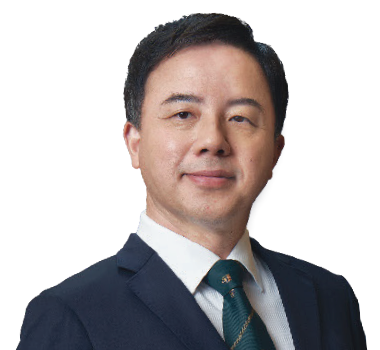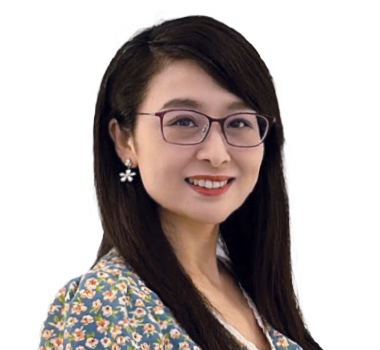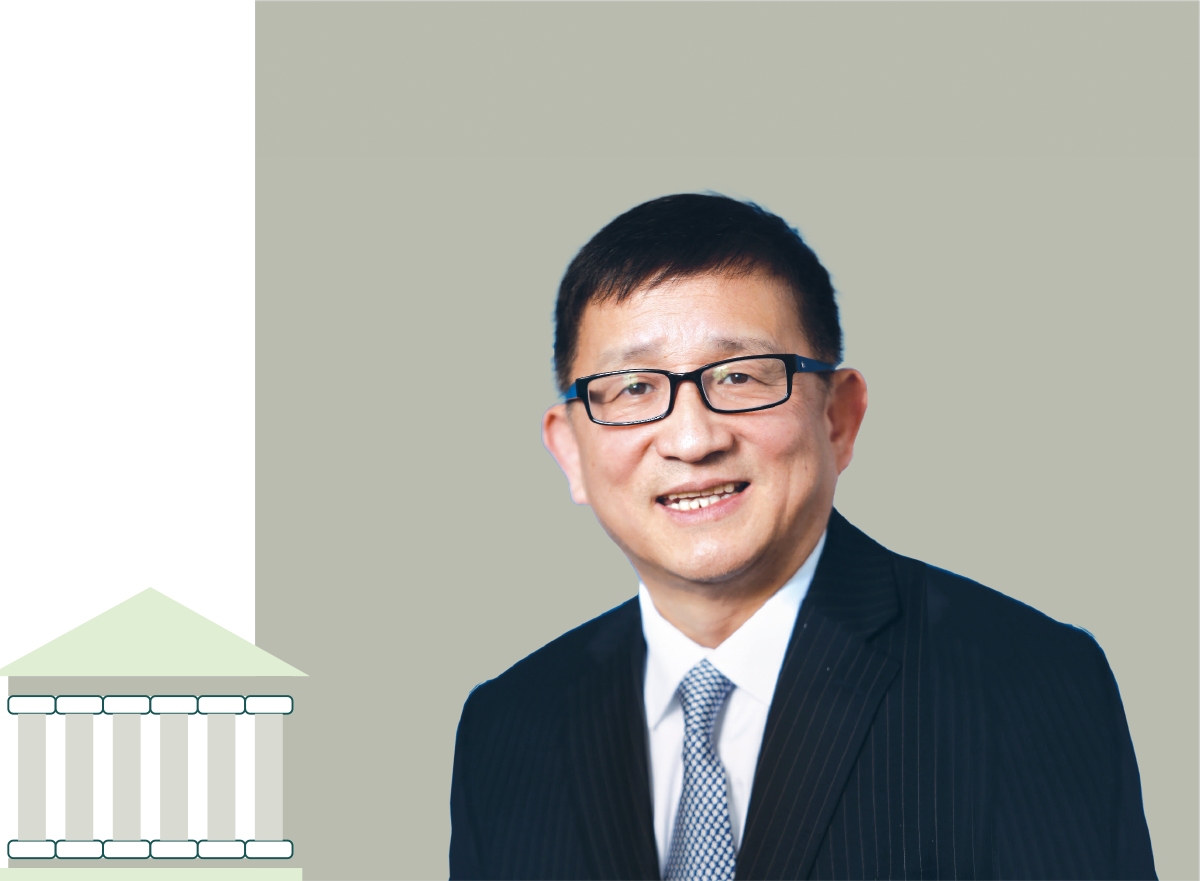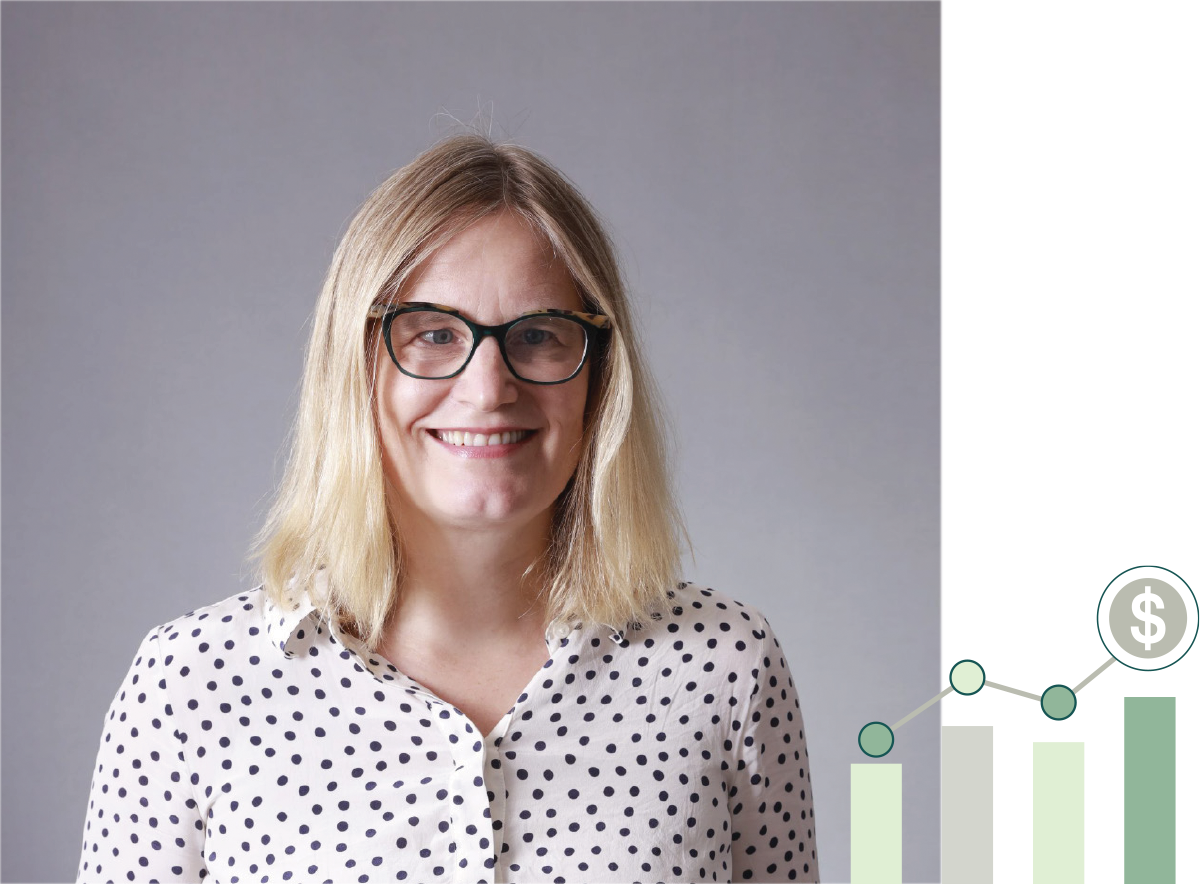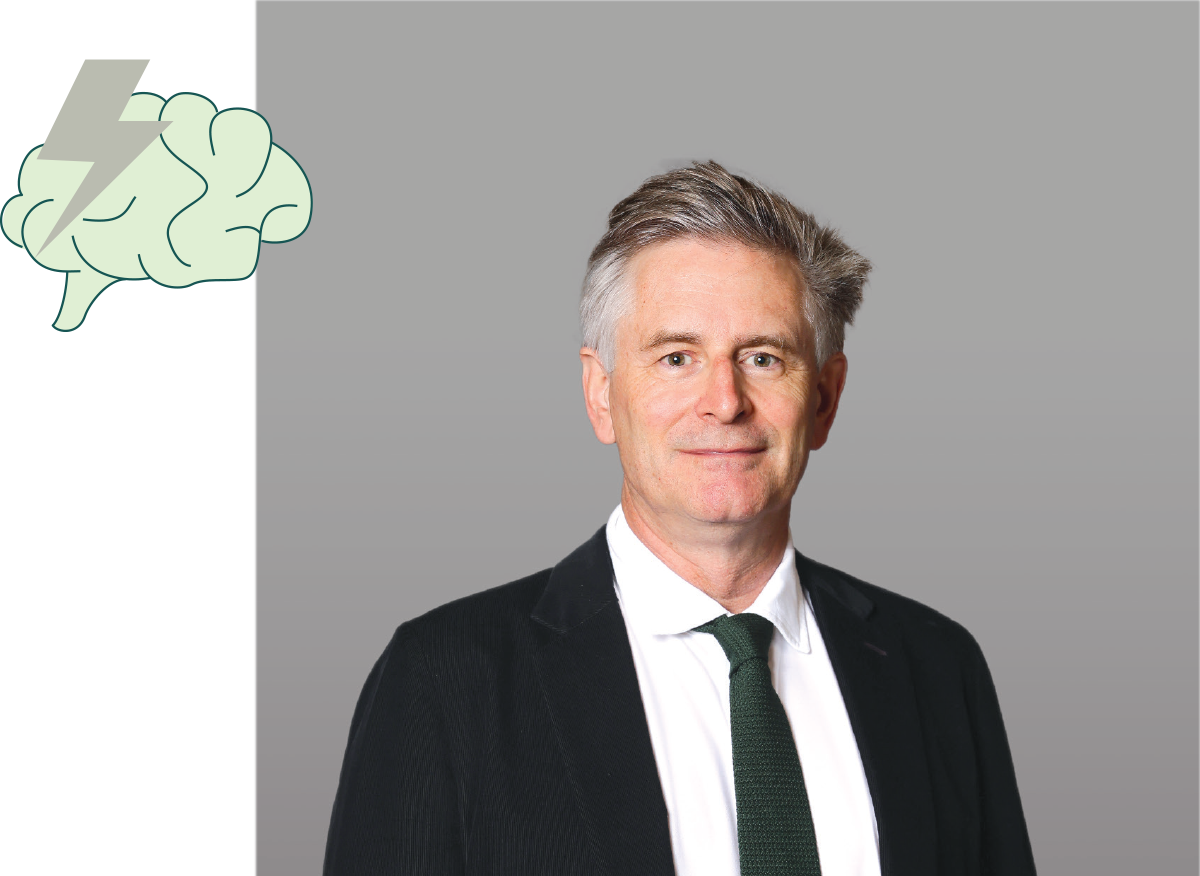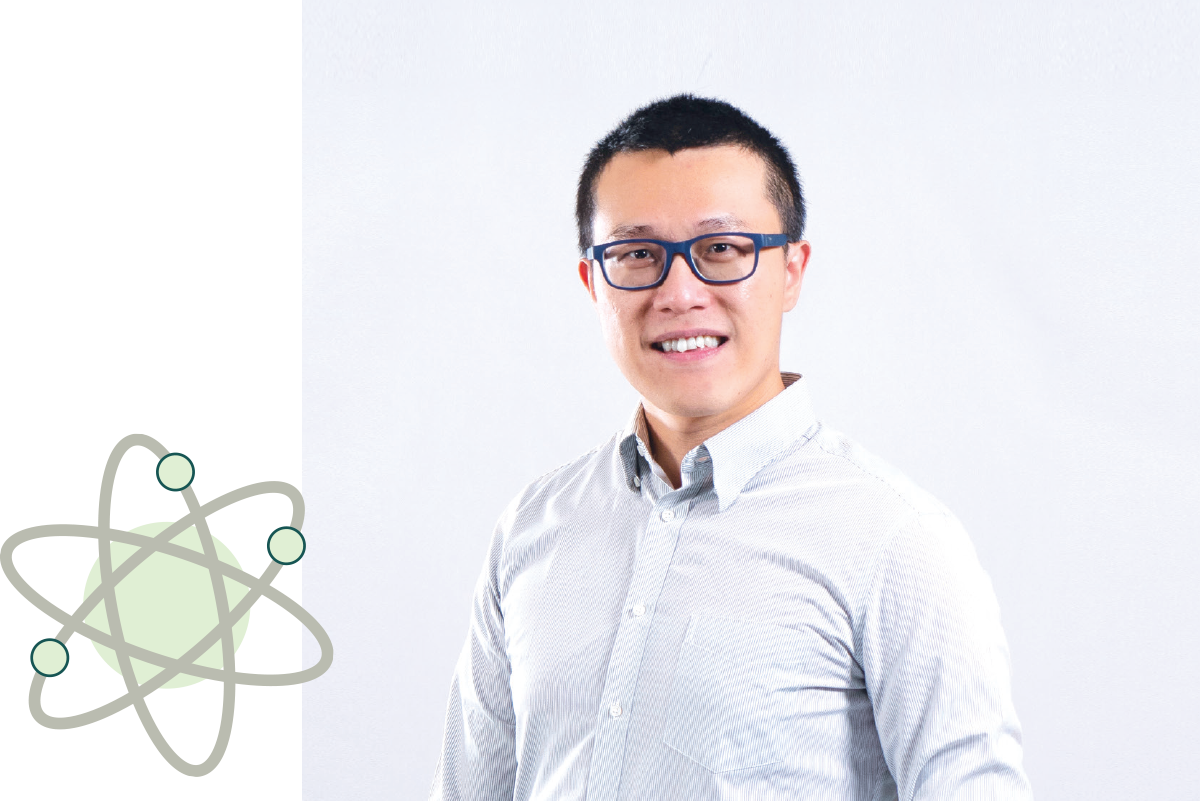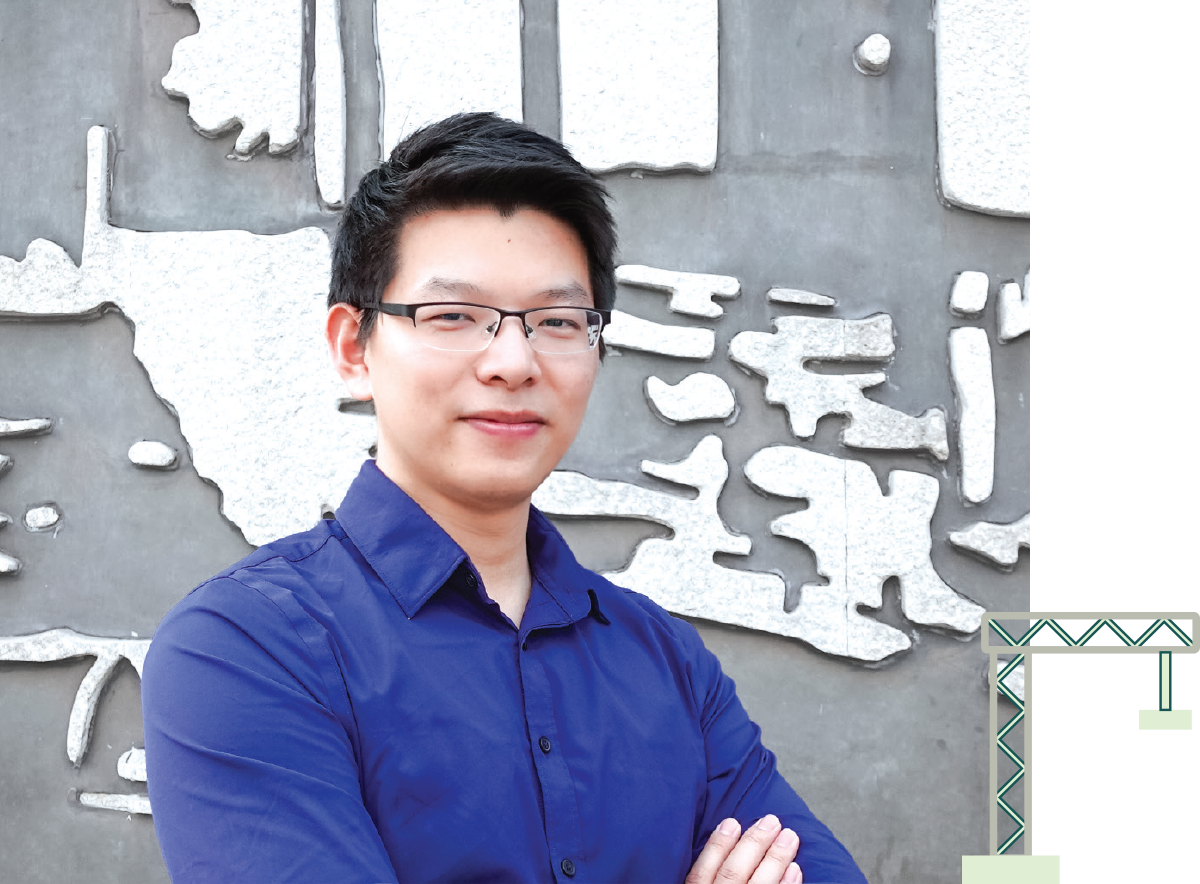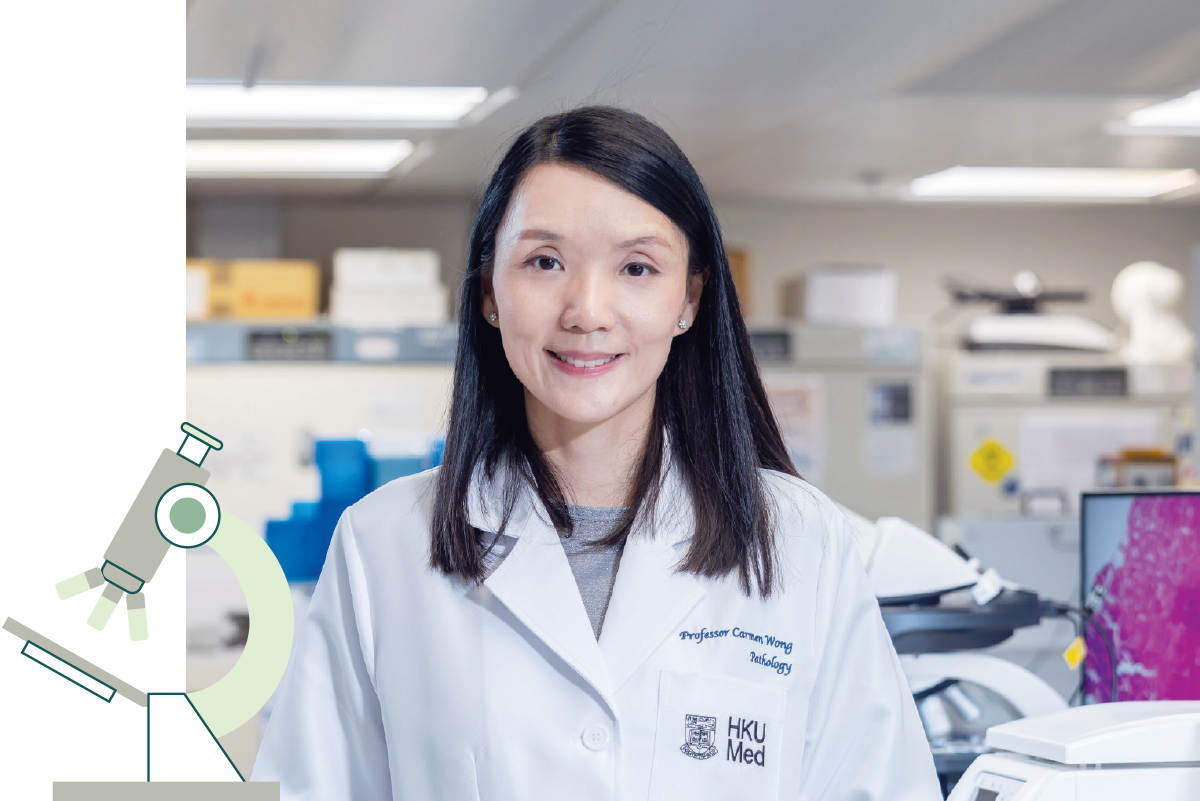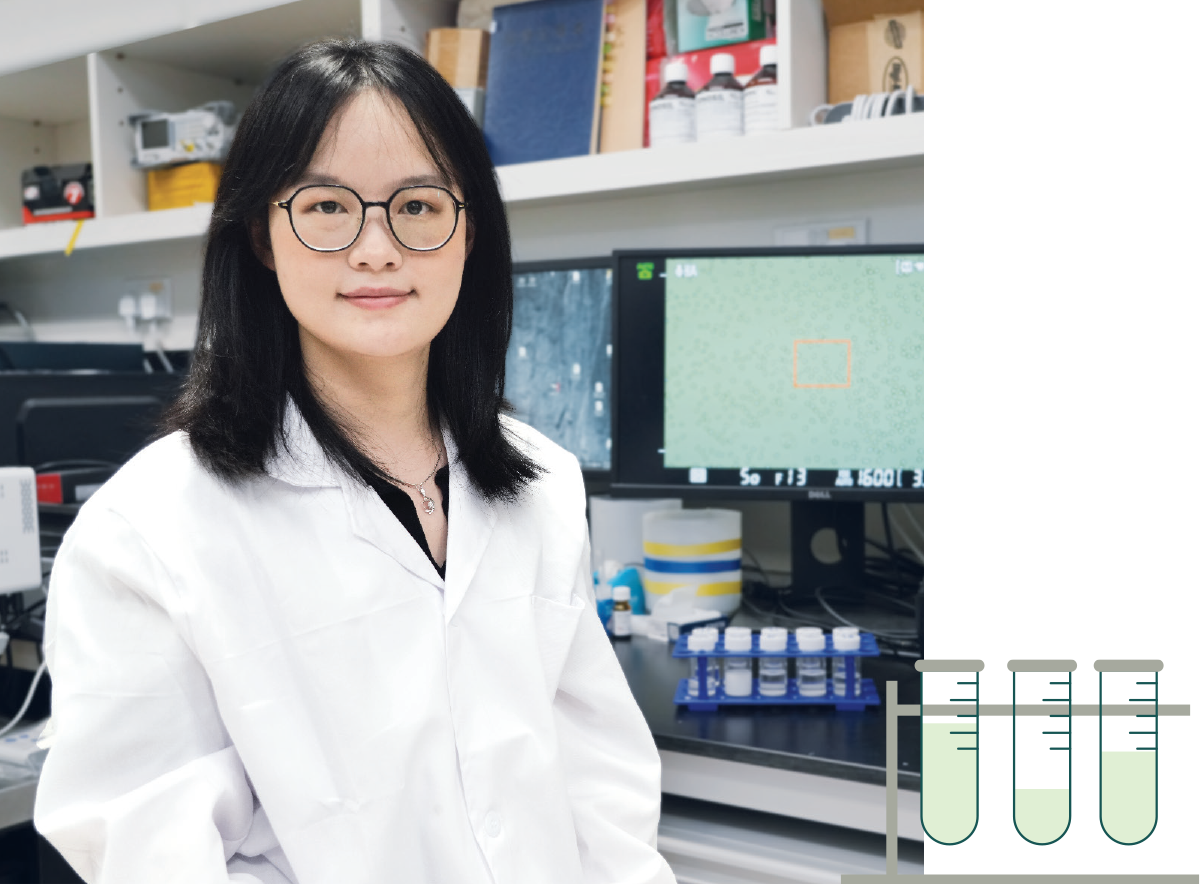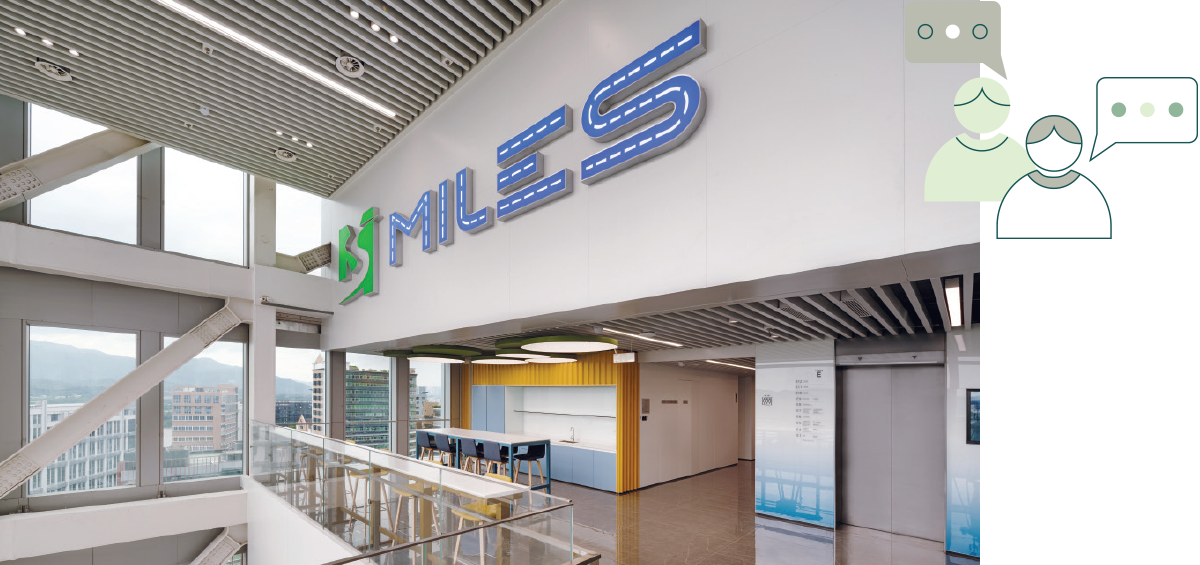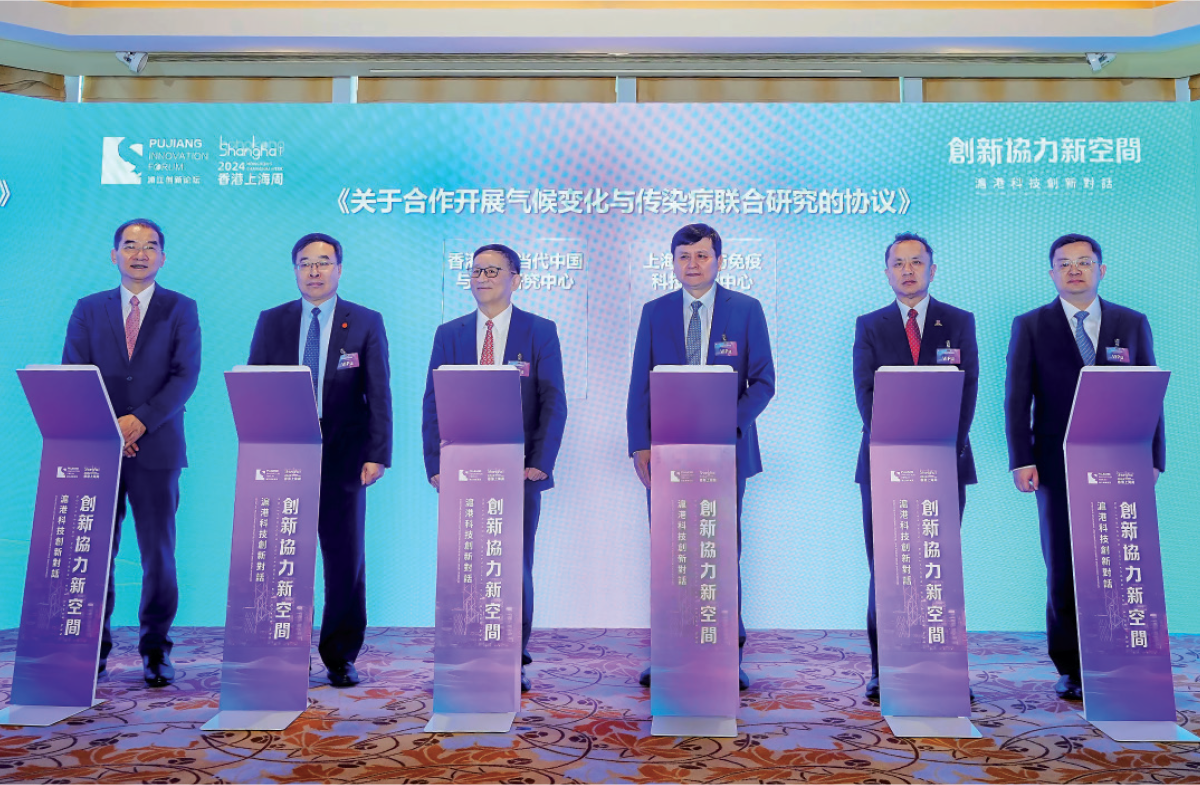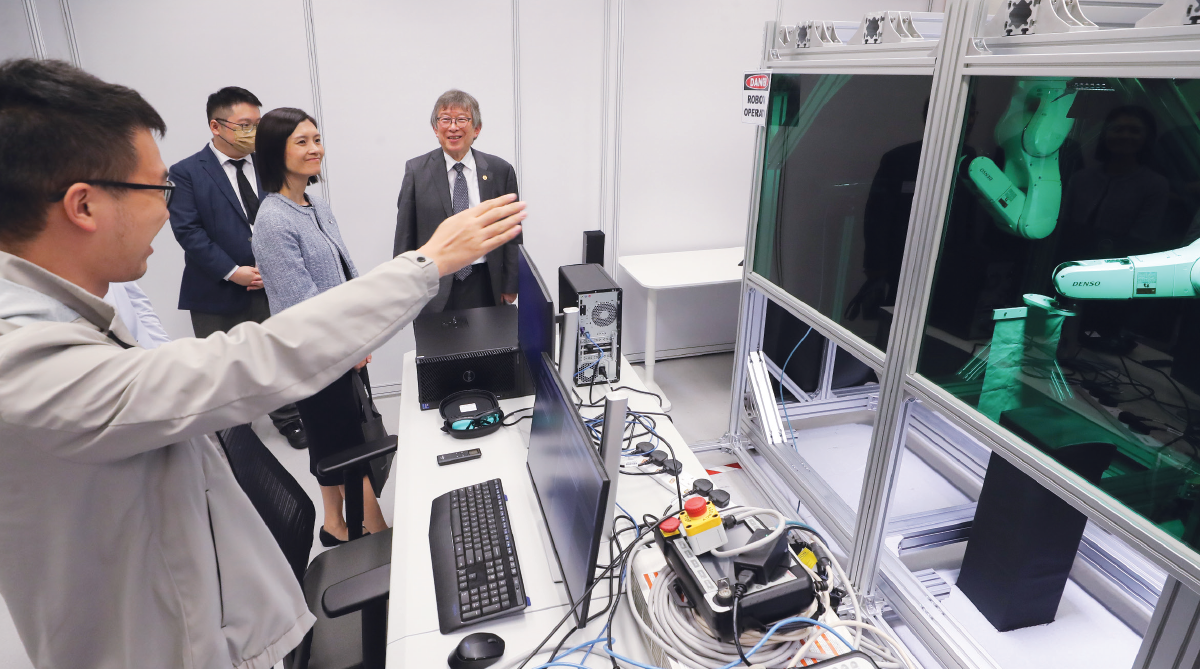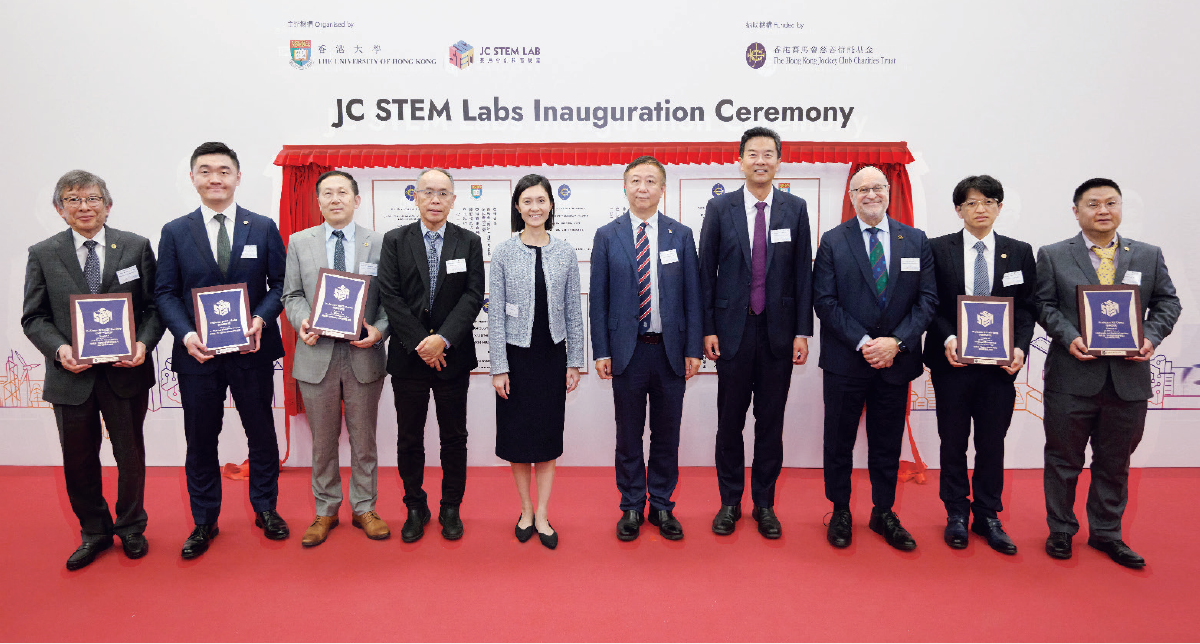The University is making steady progress towards its aim of contributing knowledge and solutions to grand global challenges such as climate change and better healthcare. In 2023–24, world-leading academics continued to be recruited, new facilities built, networks expanded, and new centres launched to promote dialogue and collaboration. The quality of our efforts is evident in our continued funding success and strong ranking in international tables.
The list of achievements includes HKU again securing the most General Research Fund grants and leading locally in funding from the National Natural Science Foundation of China; 53 HKU scholars being named in Clarivate’s prestigious 2024 Highly Cited Researchers list – our highest number ever; and the new Shanghai Institute for Science of Science (SISS) identifying HKU as first in China and sixth in the world in terms of disruptive research. Our research output was a major factor in HKU’s rise to 17th overall best university in the world, our highest position to date, in the 2025 Quacquarelli Symonds (QS) World University Rankings.
The foundation of our research success is the excellence of our scholars, which is increasing every year as we recruit more and more leaders in their fields. In 2024 alone (up to November 1), we welcomed 124 top and rising scholars from leading institutions such as Stanford University, ETH Zurich and University College London. Having top minds on campus opens doors and opportunities for experienced and young scholars alike.
We are also nurturing new talent through our Graduate School by enriching research postgraduate (RPG) education. All RPG students will be required to complete new courses on artificial intelligence and data technology offered by the Graduate School and individual faculties. Feedback is also being enhanced through a new PhD advisory committee, in which dissertation supervisors work with two or three other professors to provide detailed responses. And the Graduate School has also launched its Future-Ready Series to promote all-round development, including mental wellness.
All this talent needs to be supported by world-class research infrastructure. Here, too, HKU is making strong inroads. The Tech Landmark, housing 10 interdisciplinary institutes when completed, will soon open its first phase. The Jockey Club STEM Lab programme announced in spring 2024 that five new laboratories would be established at HKU to promote interdisciplinary research and collaboration. Our five State Key Laboratories (SKL) also underwent evaluation at the national level and ranked highly, and a sixth SKL is planned. To make the most effective use of our resources, we are also preparing to centralise management of major equipment and introduce a sharing mechanism.
Apart from raising the bar in terms of people and facilities, HKU is advancing our research agenda by promoting collaborations across disciplines, institutions and boundaries. Several new research centres were established in 2023–24, including the Materials Innovation Institute for Life Sciences and Energy located in the Hetao Co-operation Zone. Our deepening engagement with Mainland China will undoubtedly be a springboard for expanding our research capacity in the coming years.









